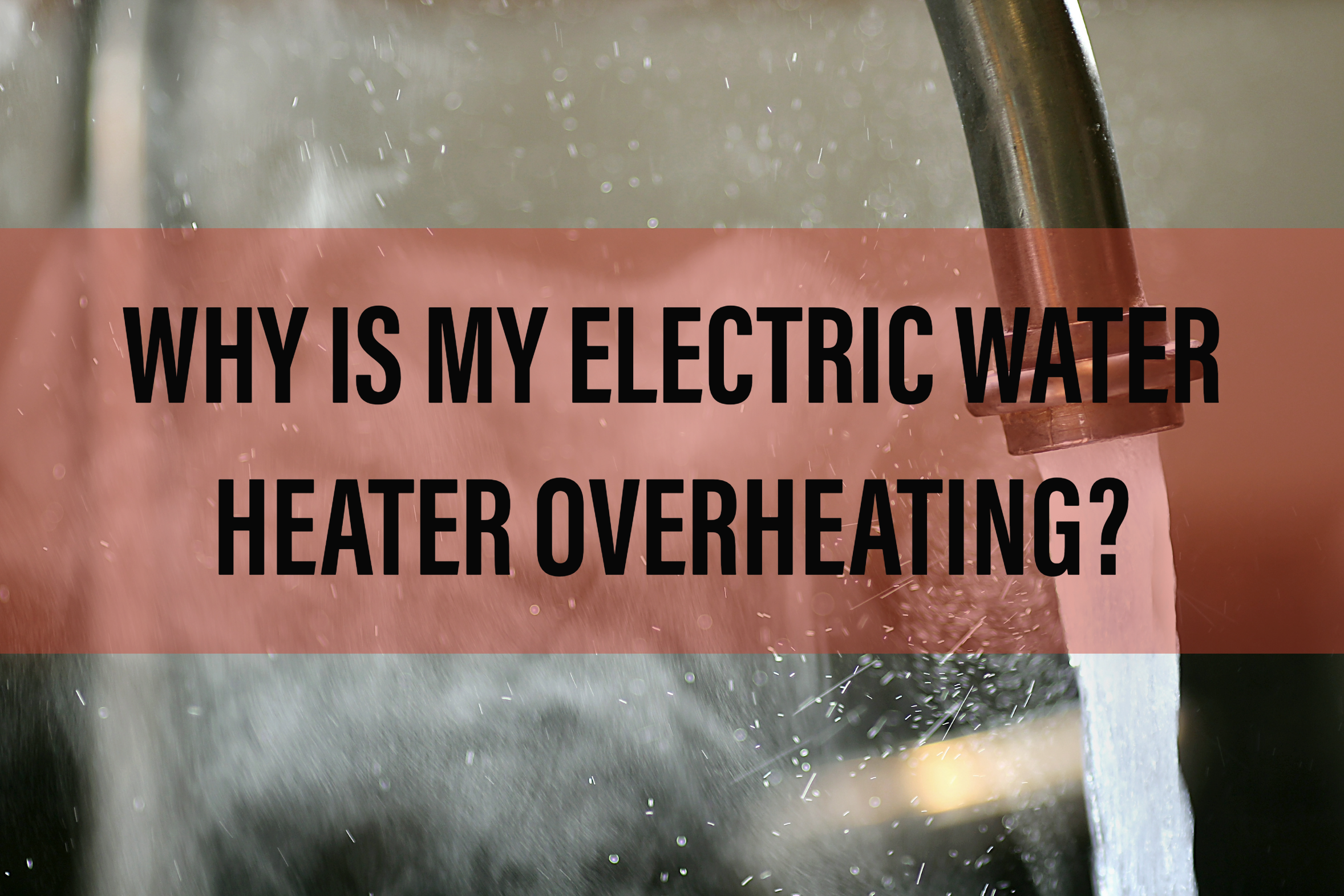Is your electric water heater acting up, resulting in extremely hot water coming out of your faucets and showers? Well, if it is, we’re here to help! Today, at Miamisburg Plumbing & Drain, we’ve identified the top three reasons why your electric water heater might be overheating and how to address the issue.
1. The Temperamental Thermostat
Your electric water heater’s thermostat is the brains behind temperature regulation inside the tank. It decides when to activate the heating element to maintain your desired water temperature. However, thermostat issues can lead to overheating, which can be a real bother:
- High Temperature Settings: If your thermostat is cranked up too high, it will keep heating the water to that elevated temperature. Not only does this waste energy, but it also delivers water that’s dangerously hot.
- Malfunctioning Thermostat: A malfunctioning thermostat may not accurately gauge the water temperature or control the heating element properly. This could lead to the heating element staying on longer than needed, resulting in overheating.
To check if the thermostat is at fault, start by ensuring it’s set to an appropriate temperature. If the issue persists, it’s wise to have a professional inspect and possibly replace the thermostat.
2. The Troublesome Heating Element
The heating element is the component that warms the water inside your electric water heater. Over time, like any mechanical part, it can wear down, leading to inefficiencies and overheating issues, including:
- Stuck in the “On” Position: A faulty heating element may get stuck in the “on” position, causing it to continuously heat the water, even when it’s already at the set temperature. This constant heating can lead to overheating.
- Reduced Efficiency: As a heating element deteriorates, it loses its ability to efficiently heat water. To compensate for this, it may stay active for longer periods, once again resulting in overheating.
If you suspect a malfunctioning heating element, it’s best to call in professional assistance. A licensed plumber can diagnose the issue and replace the element if necessary.
3. The Sneaky Sediment Buildup
As time passes, sediment, which mainly consists of minerals and debris from your water supply, can accumulate at the bottom of your water heater tank. This sediment buildup forms a barrier between the heating element and the water. Consequently, the heating element struggles to transfer heat efficiently, leading to overheating.
To tackle sediment buildup, it’s crucial to periodically flush your water heater tank. This process involves draining the tank to remove the accumulated sediment. Given the involvement of both water and electricity, it’s highly recommended to have a licensed plumber perform this task for safety reasons.
In conclusion, an overheating electric water heater is a nuisance that should be addressed promptly to avoid scalding, unit damage, and higher energy costs. By understanding these common causes of overheating and taking appropriate measures, you can ensure your electric water heater operates safely and efficiently, providing you with a continuous supply of comfortably warm water. If you’re facing overheating issues that are beyond your scope, don’t hesitate to reach out to us!
Call Miamisburg Plumbing & Drain today at (937) 705-0297, or schedule an appointment online now by clicking here!

